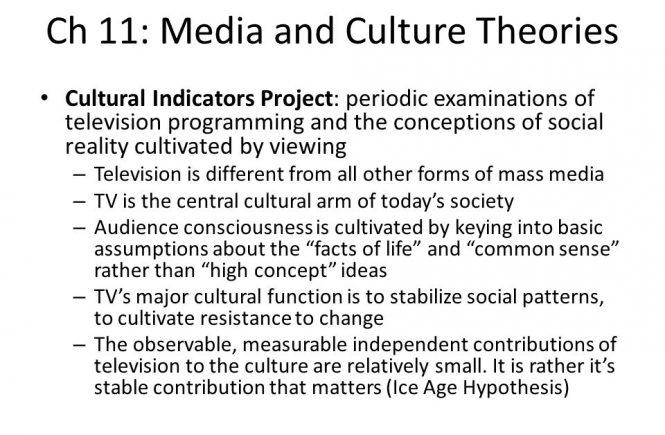FERMENT IN THE FIELD: COMPETING CULTURAL PERSPECTIVES CHALLENGE LIMITED-EFFECTS THEORY
Despite these pockets of domestic resistance, most mass communication researchers in the United States still found limited-effects notions and the empirical research findings on which they were based persuasive. But challenge also came from researchers in other parts of the world who were less convinced, as you’ll see in Chapter 9. Mass society notions continued to flourish in Europe, where both leftwing and right-wing concerns about the power of media were deeply rooted in World War II experiences with propaganda. Europeans were also skeptical about the power of postpositivist, quantitative social research methods to verify and develop social theory (they saw this approach to research as reductionist—reducing complex communication processes and social phenomena to little more than narrow propositions generated from small-scale investigations). This reductionism was widely viewed as a distinctly American fetish. Some European academics were resentful of the influence enjoyed by Americans after World War II. They argued that American empiricism was both simplistic and intellectually sterile. Although some European academics welcomed and championed American notions about media effects, others strongly resisted them and argued for maintaining approaches considered less constrained or more traditionally European.
One group of European social theorists who vehemently resisted postwar U.S. influence was the neo-Marxists (Hall, 1982). These left-wing social theorists argued that media enable dominant social elites to create and maintain their power. Media provide the elite with a convenient, subtle, yet highly effective means of promoting worldviews favorable to their interests. Mass media can be viewed, they contended, as a public arena in which cultural battles are fought and a dominant, or hegemonic, culture is forged and promoted. Elites dominate these struggles because they start with important advantages. Opposition is marginalized, and the status quo is presented as the only logical, rational way of structuring society. Values favored by elites are subtlety woven into and promoted by the narratives of popular programs—even children’s cartoons. Within neo-Marxist theory, efforts to examine media institutions and interpret media content came to have high priority.
During the 1960s, some neo-Marxists in Britain developed a school of social theory widely referred to as British cultural studies. It focused heavily on mass media and their role in promoting a hegemonic worldview and a dominant culture among various subgroups in the society. Researchers studied how members of those groups used media and assessed how this use could lead people to develop ideas that supported dominant elites. This research eventually produced an important breakthrough. As they conducted postpositivist-oriented, empirical audience research, social scientists at Birmingham University discovered that people often resisted the hegemonic ideas and propagated alternative interpretations of the social world (Mosco and Herman, 1981). Although British cultural studies began with deterministic assumptions about the influence of media (that is, the media have powerful, direct effects), their work came to focus on audience reception studies that revived important questions about the potential power of media in certain types of situations and the ability of active audience members to resist media influence—questions that 1960s American media scholars ignored because they were skeptical about the power of media and assumed that audiences were passive. And as we discussed in Chapter 1, while the blending of two broad categories of theory, in this case critical and postpositivist, could indeed produce useful ideas, it also left many researchers and theorists unsatisfied.
During the 1970s, questions about the possibility of powerful media effects were again raised in U.S. universities. Initially, these questions were advanced by scholars in the humanities who were ignorant of the limited-effects perspective and skeptical about the usefulness of the scientific method for social research. Their arguments were routinely ignored and marginalized by social scientists because they were unsupported by “scientific evidence.” Some of these scholars were attracted to European-style cultural criticism. Others attempted to create an “authentic” American school of cultural studies—though they drew heavily on Canadian scholars like Harold Innis and Marshall McLuhan (Carey, 1977). This cultural criticism, although initially greeted with considerable skepticism by “mainstream” effects researchers, gradually established itself as a credible and valuable alternative to limited-effects notions.
